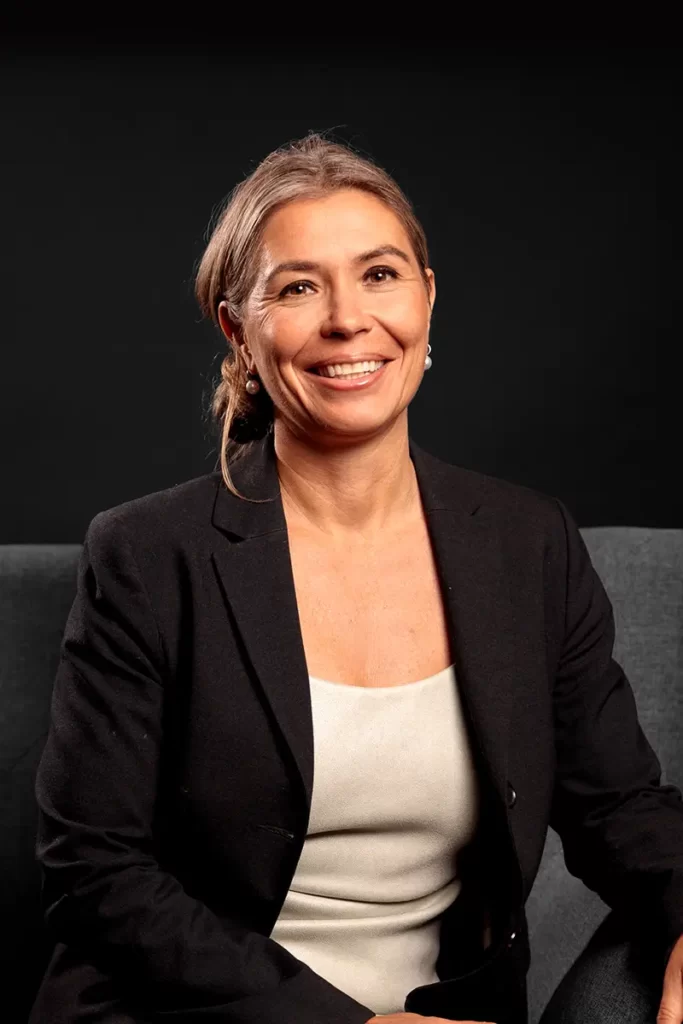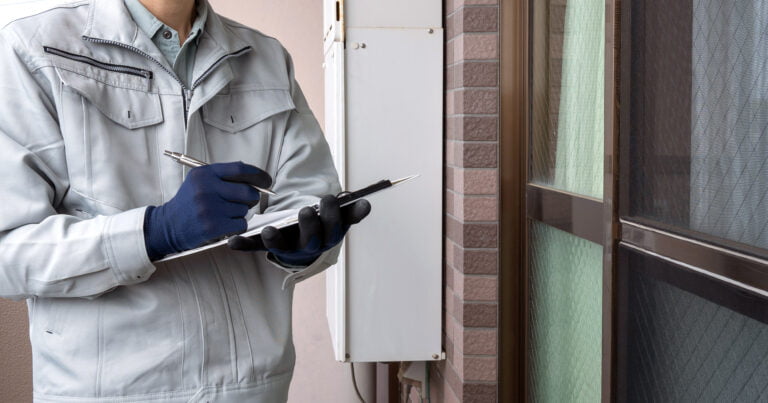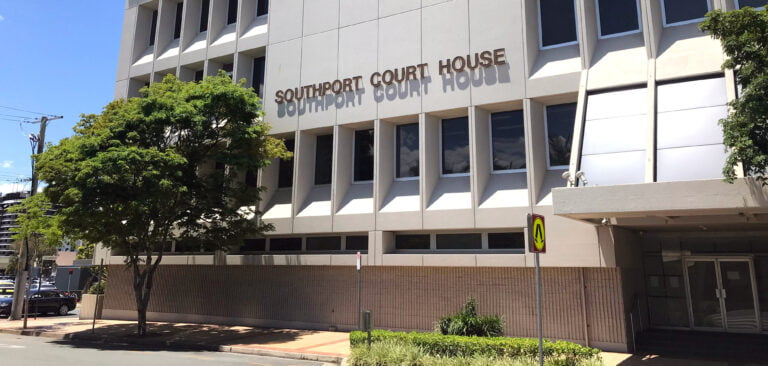Buy or Sell Property on the Gold Coast with our Property Conveyancing Lawyers
Our Gold Coast lawyers will help ensure your purchase or sale goes smoothly and settles on time.
Whether you are buying or selling property, the process can be complex. Property is one of the most significant financial investments you will ever make. Our legal team is here to support you throughout your property transaction, help protect your interests and ensure that you meet your legal obligations, whether you are a buyer or seller.
A Trusted Conveyancer on the Gold Coast
The Gold Coast property market continues to thrive, even during the COVID-19 pandemic. There is plenty of demand, with an increase in interstate residents making the move to sunny Queensland.
Our team understand that you need to move fast when you find a property that you want on the Gold Coast, otherwise you may miss out. As a leading residential conveyancing law firm, our property lawyers are able to provide you with swift and professional conveyancing services to ensure the successful purchase or sale of:
- Your house
- An investment property
- Units and townhouses
- Vacant land
- Off-the-plan properties
Attwood Marshall Lawyers offer FREE pre-signing advice on Queensland Contracts.
Our Gold Coast conveyancing can also assist with negotiating the terms of a contract and draft any special terms and conditions you wish to include to ensure your best interests are protected.
If you are attending an open home over the weekend or outside of regular business hours and need advice, our Robina Town Centre office has extended trading hours and is open Thursday night until 9pm and Saturday morning until 12pm to assist you.
It is our goal to provide you with trusted advice so that you can make an informed decision about the property and that we can make the process of buying or selling real estate as stress-free as possible.
Free Info Pack
Provide your details below and our ‘Buying Property in Queensland’ Information Pack will be sent to your inbox.
Meet the Property & Commercial team

Jeff
Garrett


Taylah
Lein
FAQs
Conveyancing is the legal process of buying and selling a home. It is where the ownership of the property or land is transferred from one person (or entity) to another person (or entity).
In order to understand your legal obligations when entering into a Contract of Sale, you should always run through the Contract with an experienced property lawyer. Your lawyer will be able to give you legal advice in regard to the terms and conditions in the Contract, including any special conditions the other party may have added.
When purchasing a residential property on the Gold Coast, unless you are bidding at an auction, the standard Contract of Sale will give you a cooling off period of five business days. The cooling off period begins on the date you or your lawyer receives the signed contract. During the cooling off period, you have the right to terminate the contract for any reason, including if you change your mind. It is important to note, if you choose to terminate the contract during this period, the seller has a right to impose a financial penalty of 0.25% of the purchase price, taken from your deposit.
Yes! If you require a Contract of Sale to be subject to finance approval, you will need to complete the section relating to this term contained in the standard QLD Contract of Sale.
It is important that you ensure the finance section of the Reference Schedule is completed in full. If you fail to complete this section correctly, then the contract may not be subject to finance.
In the standard QLD Contract of Sale, there is also a section where buyers can indicate that they would like to obtain a pest and building inspection report. It is important to ensure this has been completed correctly, otherwise your contract will not be subject to this term and you will not be able to terminate the contract if you receive an unsatisfactory report from a building and pest inspector.
Our team will always confirm that the contract has been completed correctly by the seller’s agent before you sign anything.
The amount of deposit you will need to pay to secure the property will depend on the agreement made between the buyer and seller. The deposit can be paid in two instalments. An initial deposit of a nominal amount is usually paid by the buyer when they sign the contact. The balance deposit is usually due when the contract becomes unconditional, or on an otherwise agreed date.
The deposit is usually between 5-10% of the purchase price. Ultimately, the amount of the deposit required will be up to the discretion of the buyer, and how much they want to put down, and for the seller to agree to this amount.
In Queensland, once you sign a contract to purchase a property, you assume risk of the property from 5.00pm on the second business day after the contract date. For this reason, it is in your best interest to organise insurance as soon as possible so that you are covered in the event something unexpected happens and you suffer any damage or loss. If you would like more information about insurance recommendations when buying property, call us anytime on 1800 621 071.
Stamp duty is a government tax that is applied to property transactions. The amount of stamp duty payable varies depending on the property purchase price, and if you are eligible to claim a concession or stamp duty exemption.
First home buyers may be entitled to stamp duty exemptions. There are a number of requirements you need to meet to claim this. If you are purchasing your principle place of residence, you may also be entitled to a stamp duty concession.
Contact our Gold Coast property team today on 1800 621 071 to discuss your circumstances and find out if you can claim a concession or exemption for stamp duty.
What to know how much stamp duty you may be required to pay? Click here.
A settlement can take place by way of a paper settlement or electronic settlement.
Paper settlements require parties to meet at a physical location. Typically, sellers and buyers do not attend settlement. The transfer is provided to the buyer’s incoming finance lender or the buyer’s lawyer who will lodge the transfer documents with the QLD land title registry. Then, on the seller’s behalf, the seller’s cheque for the balance of the sale proceeds is then handed to the seller’s lawyer and to the bank.
An electronic conveyance (otherwise referred to as e-Conveyancing) can be completed through PEXA. Attwood Marshall Lawyers are a PEXA certified conveyancing firm. Instead of physically attending settlement, the parties involved in the purchase and sale (namely the lawyers representing the parties, and their banks) finalise the settlement details in a secure virtual settlement room. This means that the settlement happens online, and following an electronic settlement, the land title register will be updated to show the buyer as the new owner and the balance of the sale proceeds are then electronically transferred to the seller’s nominated account.
Once the title has been registered in the new owner’s name, the local authorities, including Gold Coast City Council, will be informed by the land title registrar.
Registration of Transfer occurs after settlement. It is usually completed by your finance lender or lawyer. Once registration is completed, the property will be officially recorded on the QLD Land Register, noting you as the new registered owner of the property.
You are legally required to disclose certain information about the property you are selling. You must disclose:
- Whether or not the land is recorded on the Environmental Management Register or the Contaminated Land Register. If applicable, you must disclose particulars that have been recorded in the register and, if the land is subject to a site management plan, the details of the plan.
- Whether a safety switch is installed in the property.
- Whether there are compliant smoke alarms installed.
- If any building works have been carried out by an unlicenced builder and the property is being sold within six years of that work being completed. You must also give notice detailing the work carried out, along with the relevant warning required under legislation.
- If there are any applications to, or orders made by, QCAT in relation to trees affecting the property.
A real estate agent can represent you to sell your property. They will be tasked with marketing the property, obtaining the best price for you, and drafting the standard contract of sale. For this service, they will be entitled to receive a commission from the seller when they sell the property. A real estate agent cannot provide legal advice on the contract, they cannot draft clauses or modify the pre-printed standard contract in any way.
A private sale is an unadvertised sale of property which is not open to the general public. A private sale is negotiated between a buyer and a seller directly. Usually, there is no intervention by a real estate agent. In a private sale, the seller’s lawyer will prepare the draft Contract which will then be provided to the buyer’s lawyer to review.
An auction is a public sale, usually conducted by an auctioneer or a qualified real estate agent. Auctions are governed by strict rules. An auction must be advertised for a specific time and date, and place. Prospective buyers will place their bid for the property and the property will be sold to the highest bidder.
If you sell your property by way of an auction, there is no cooling off period. What this means is the successful bidder will be legally obliged to buy the property and cannot change their mind.
If you are selling a property that is mortgaged, you must arrange for the mortgage to be released on settlement. Release of the mortgage involves completing and signing a ‘Formal Release of Mortgage Form’ and providing it to your lender. The discharge process can take up to three weeks, so we recommend that you arrange this with either your lender or lawyer as soon as possible so that it does not cause any delay to the settlement.
Land tax is a state tax. It is calculated on the freehold land you own in Queensland at midnight on 30 June each year. The tax rate that applies will depend on a number of factors, including:
- The type of owner you are
- The total taxable value of your land
- If any tax exemptions apply
Generally, the seller is liable to pay any land tax on the property prior to settlement.
It is the buyer’s responsibility to apply for a clearance certificate to make sure they are not charged land tax on land they are buying.
If you are selling an existing property in a community titles scheme, you must give a buyer a signed disclosure statement before the buyer enters the Contract of Sale.
A disclosure statement contains information which needs to be disclosed to a prospective buyer. The information that may need to be disclosed includes:
- The contact details for the body corporate manager
- The amount of annual contributions payable by the owner of the lot
- Any improvements on common property which the buyer will be responsible for
- Insurance information
If a disclosure statement has not been provided or signed by the seller before the buyer has entered into the contract, the buyer may have a right to terminate the contract.
Time is of the essence is a contractual term in the standard Queensland Contract of Sale. When this term is used, it requires a timely completion of a task.
If a task is not completed on time by a party, then the other party will have rights against the defaulting party. There can be very serious consequences for sellers who fail to comply with their obligations. Consequences can include:
- Termination of the contract
- Forfeiting the deposit
- Claims for damages









